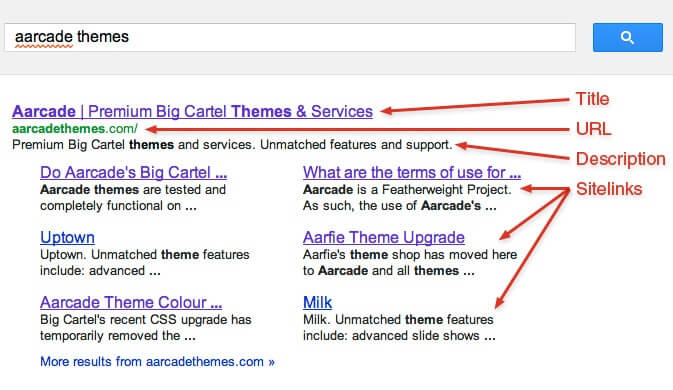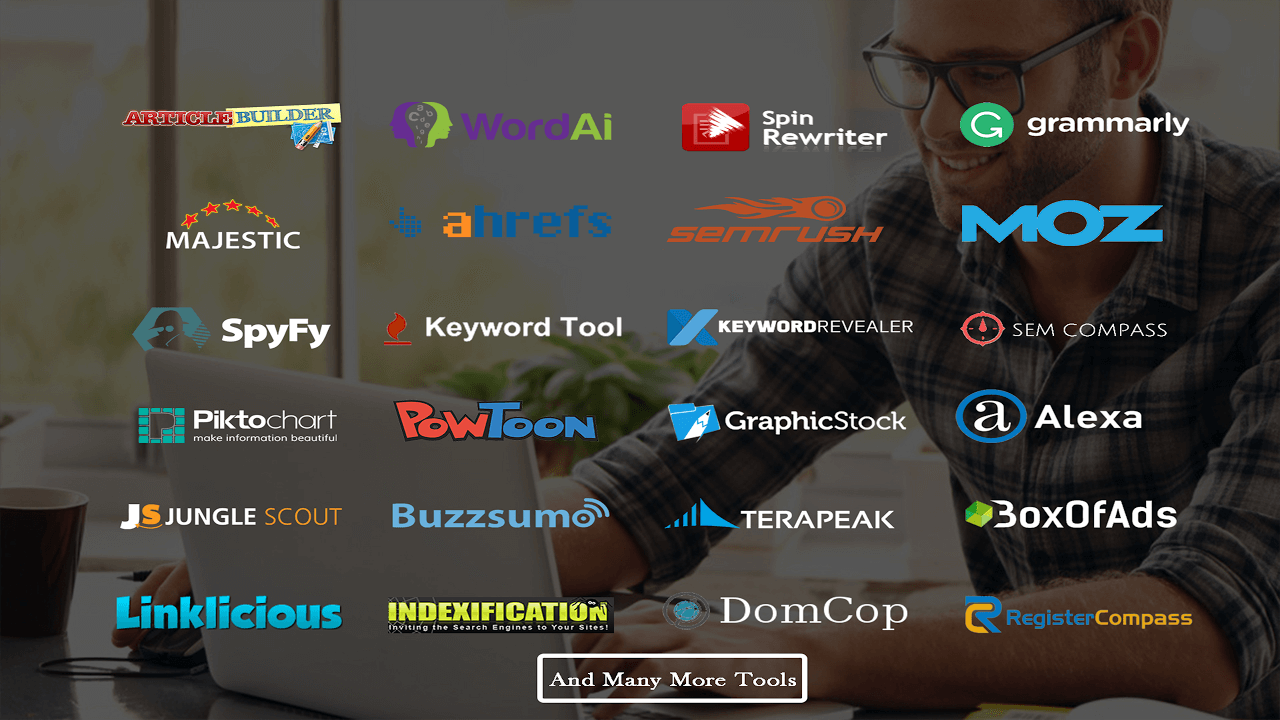Before I jump into the nitty-gritty of how to get your site ranked high in the search engines, you should look at what the term search results really means. All too often, people think of search results as a single thing, whereas, in fact, it’s a combination of different things, and until you under-stand what those different things really are, you can’t see the entire picture.
Different search terms will produce different search results. The results will always include information from the organic index, but whether or not results are included from the Local index, the Shopping index, the PPC index, and so on depends on the type of search made. Search for pizza, for instance, and you’ll find information from the Local index, search for first indian war of independence and you won’t.
The search engines are trying to provide you with the best results, so they analyze the search terms to figure out what you’re likely to be looking for. Are you looking for a local business? News? A video or image, perhaps?
The search engine results pages (SERPs) produced by major search engines seem to get more complicated year by year, and it’s worth understanding where the information on the results pages actually comes from, which is what I look at in this article.
Search results are mostly dominated by two particular indexes: the organic or natural search results, and the PPC (Pay Per Click) search results.

The organic-results index is created by searchbots. For instance, Google uses something called a googlebot to retrieve pages. It’s common to talk about searchbots as if somehow they wander around the Web, moving from page to page through links between the pages, collecting the pages, and reading them.
Of course what’s really going on is that bots are programs, running on the search engine’s servers, that send requests to Web servers asking for pages — just as your browser does when you click a link.
When they receive the page, they read it, and then request the pages that the retrieved page links to.By the way, the search results typically put ten results from the organic index into the search-results page, though, as you see later in this chapter, those results are often interspersed with other types of search results. (In some cases, in particular when adding local results to the page, the search engines may dis-play a smaller number of organic-search results, perhaps seven or eight.)
The other major form of search result is the PPC (Pay Per Click) ad. Most search results today, including results from Google, Yahoo!, and Bing, include PPC ads, ads that cost the advertiser nothing until someone clicks the ad, at which point the advertiser is charged a click fee (thus, “pay per click”).
PPC ads are typically placed at the top of the search results (three or four results, sometimes five in Yahoo!, though some searches result in no ads) and in a column to the right of the main search results.
There are two important categories of PPC ads:
✓Simple text ads
✓“Shopping” or “product listing” ads that often contain images
It’s sometimes unclear where the PPC ads end and the organic results begin — the three major search engines put a colored background under the ads at the top and a label that says Ads or Sponsored Results, but on many screens, the color is sometimes not, and the label is often missed among the general page clutter. Thus many users don’t realize the distinction between organic results and PPC ads.
On the other hand, among people who do understand the distinction, there are various schools of thought: Some users never click the ads, some always click the ads and ignore the organic results, while others realize that the ads provide really good results for some searches and not-so-good results for others.
When people talk about search engine optimization, they’re typically talking about the organic search results. When you optimize pages, for instance, you’re typically doing so in order to rank well in the organic index. On this blog, though, I discuss other indexes, in particular the Local and Shopping indexes (see my future articles on the topic).








